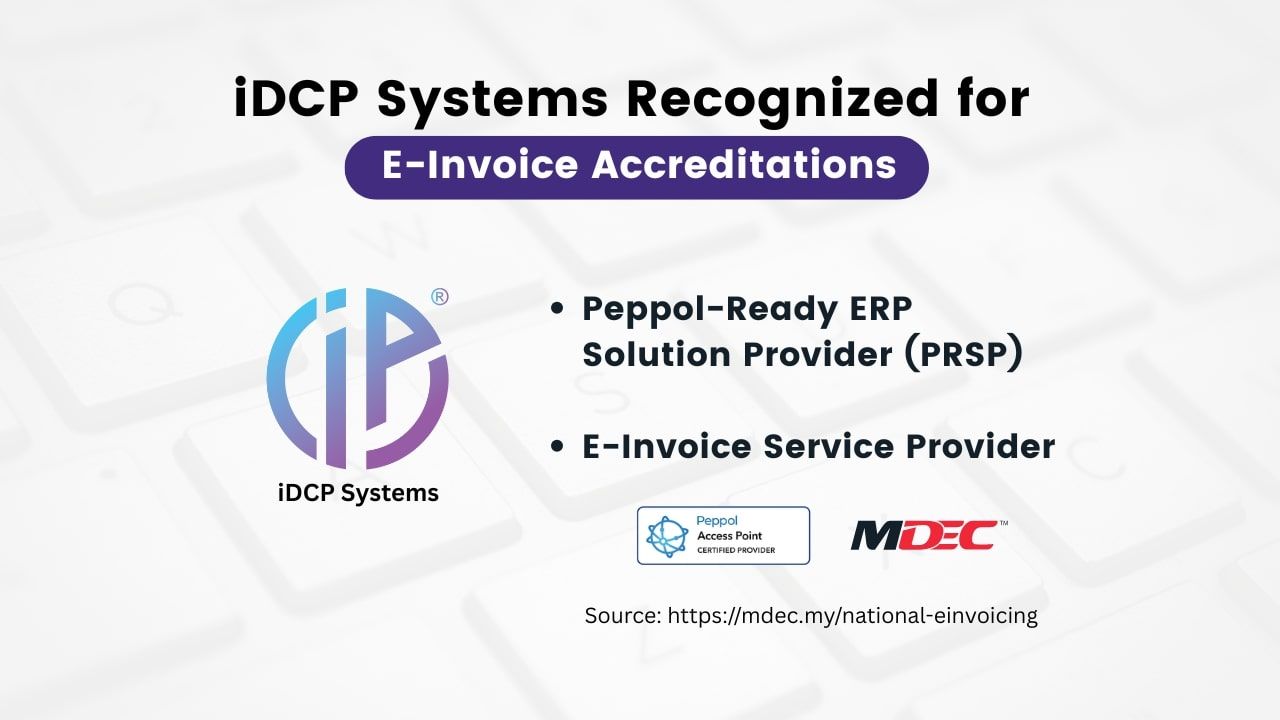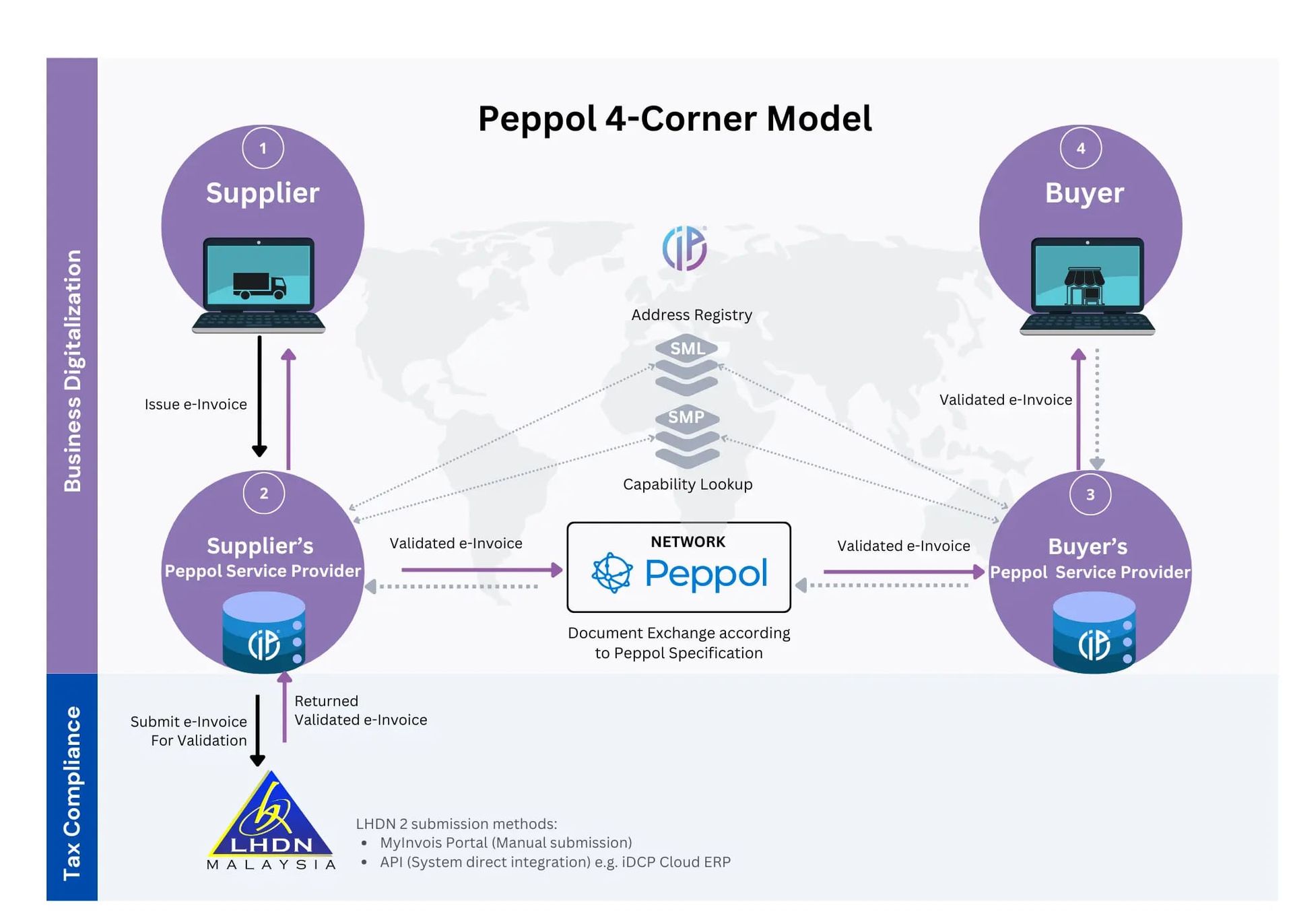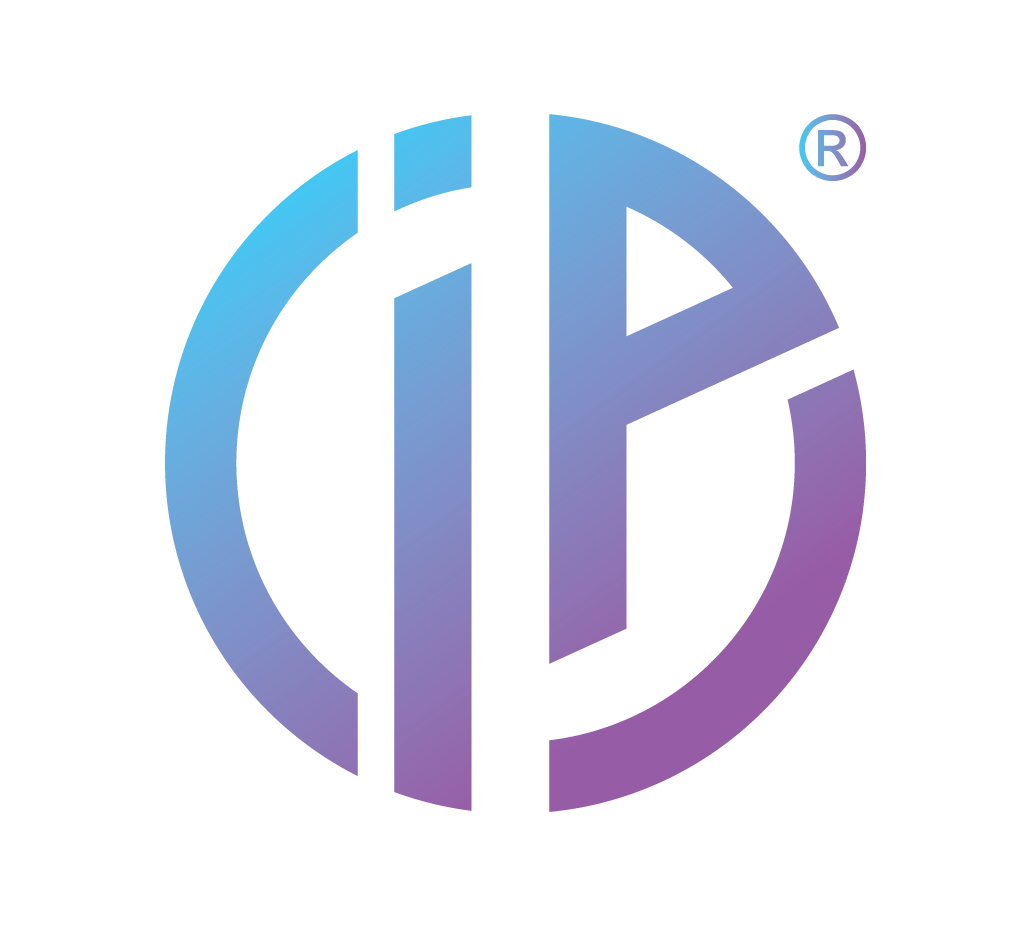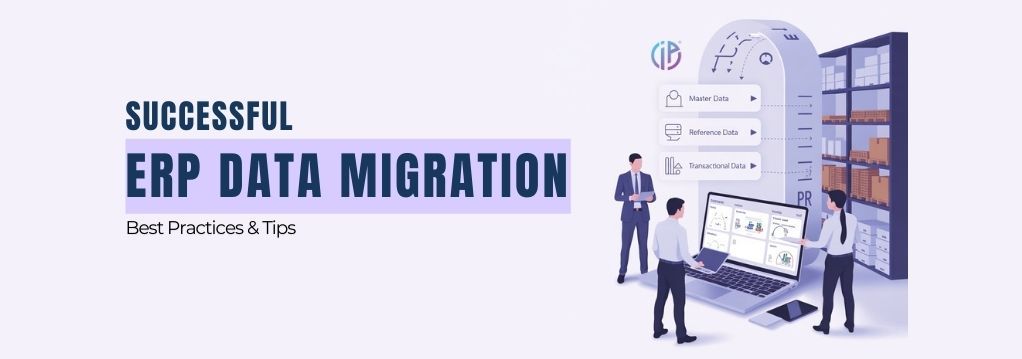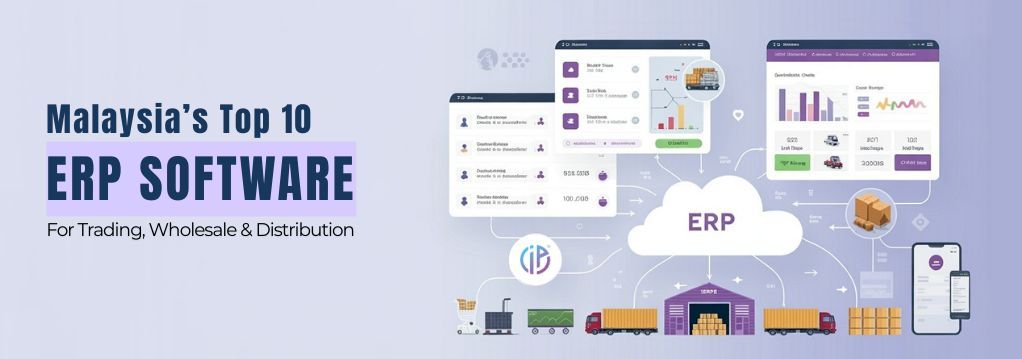iDCP Systems is proud to announce that we have now achieved both recognitions from the Malaysia Digital Economy Corporation (MDEC)- as an accredited Peppol Service Provider (SP) and a Peppol-Ready ERP Solution Provider (PRSP).
These two important milestones solidify iDCP’s leadership in Malaysia’s digital invoicing transformation, positioning us as a trusted partner for businesses ready to adopt compliant, efficient, and scalable e-invoicing solutions under the government’s National e-Invoicing Initiative.
What Is Peppol and Why It Matters?
Peppol (Pan-European Public Procurement Online) is an international standard for exchanging e-documents like invoices between businesses and government entities across systems and borders. In Malaysia, MDEC has adopted Peppol as the foundation for the country’s e-invoicing infrastructure to improve compliance, reduce fraud, and digitize operations nationwide.
What iDCP’s Dual Accreditation Means for Businesses?
Being both an SP (Access Point) and a PRSP means iDCP can offer a complete, all-in-one solution:
🏆As a Peppol Service Provider (SP)
We manage secure data gateways that connect your business to the Peppol network. This allows you to send and receive e-invoices locally or internationally- without handling the technical setup yourself.
🏆As a Peppol-Ready ERP Solution Provider (PRSP)
iDCP ERP Software Solution is certified to generate, send, and receive Peppol-compliant e-invoices. This ensures that your system is fully compatible with LHDN requirements- now and in the future.
Check out iDCP's Accreditations for E-Invoicing:
How Peppol E-Invoicing Works in Malaysia (4-Corner Model)?
Malaysia’s Peppol-based e-invoicing system includes integration with LHDN, Malaysia’s tax authority. Here’s how the flow works:
Corner 1: Supplier Creates the Invoice
- The process begins when a business (the supplier) generates an invoice using their ERP system- such as iDCP Cloud ERP, which is Peppol-Ready.
- This invoice is formatted according to national e-invoicing requirements and sent to the supplier’s Peppol-Accredited Service Provider (like iDCP).
Corner 2: Supplier’s Service Provider Validates and Transmits the Invoice
- As the supplier’s Peppol Service Provider (SP), iDCP handles the technical processes required to ensure that the invoice is correctly structured and routed. This includes:
- User verification via the Peppol Address Registry (SML/SMP) to confirm the buyer is reachable through the network.
- Invoice conversion into Peppol BIS 3.0 format, which ensures standardization for global interoperability.
- Submission to LHDN via API for mandatory tax validation.
- Return of validated invoice once approved by LHDN.
- Final delivery of the validated e-invoice to the buyer’s Peppol Service Provider.
Corner 3: Buyer’s Service Provider Processes the Invoice.
- The buyer’s Peppol-Accredited SP (Access Point) receives the validated e-invoice and converts it into a format that is compatible with the buyer’s internal accounting or ERP system.
- This ensures seamless integration without the need for manual data re-entry or reconciliation.
Corner 4: Buyer Receives the E-Invoice
- The buyer receives the e-invoice in their system without the need for manual data entry.
- For only tax compliance purposes, companies have two options: they can either use the MyInvois portal or integrate their systems (e.g. iDCP Cloud ERP) directly with LHDN through API.
How Businesses Stay Compliant for e-Invoicing:
Businesses in Malaysia have two options to comply with LHDN’s e-invoicing requirements:
1. Use the MyInvois Portal (Manual):
- A government-hosted web portal that allows users to manually key in invoices. Suitable for small businesses with limited transactions.
2. API Integration via Accredited Providers (Automated):
- Ideal for businesses seeking automation. With iDCP's dual accreditation (SP + PRSP), companies can connect directly to LHDN through API middleware, reducing manual work, avoiding duplicate entries, and ensuring accuracy.
- Whether you're a growing SME or an enterprise with high-volume transactions, iDCP offers flexible integration paths that match your operational needs.
